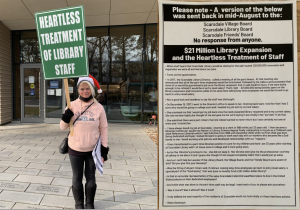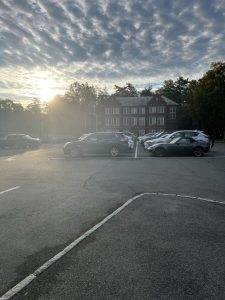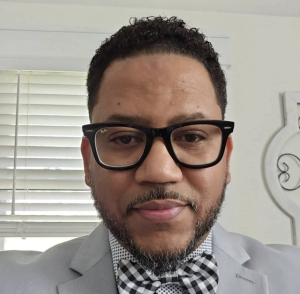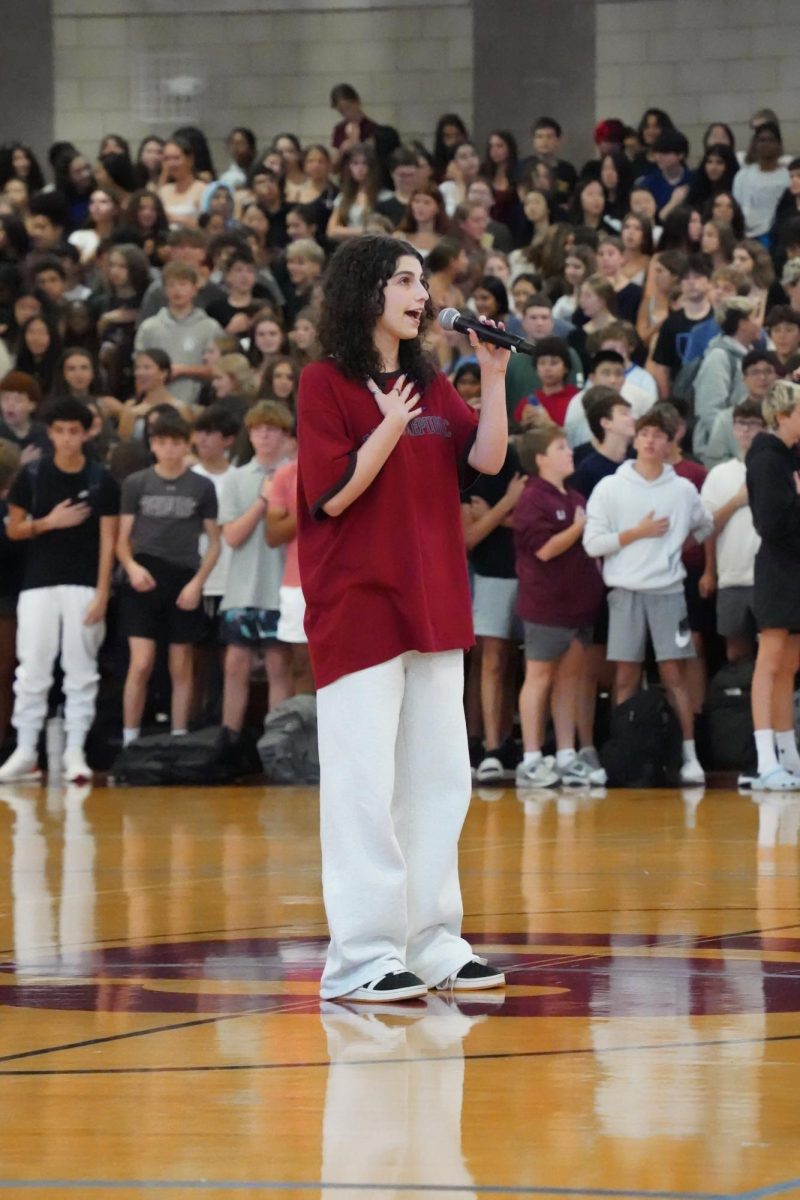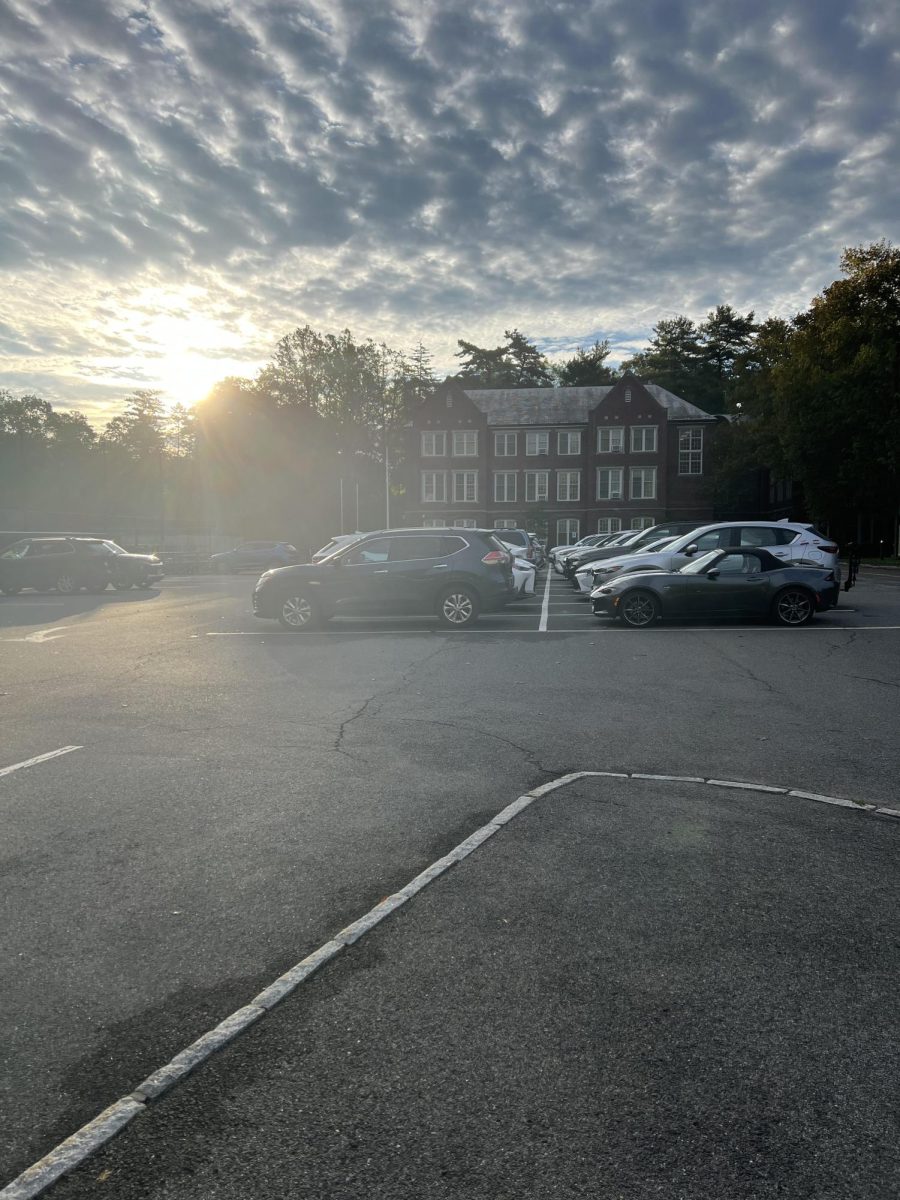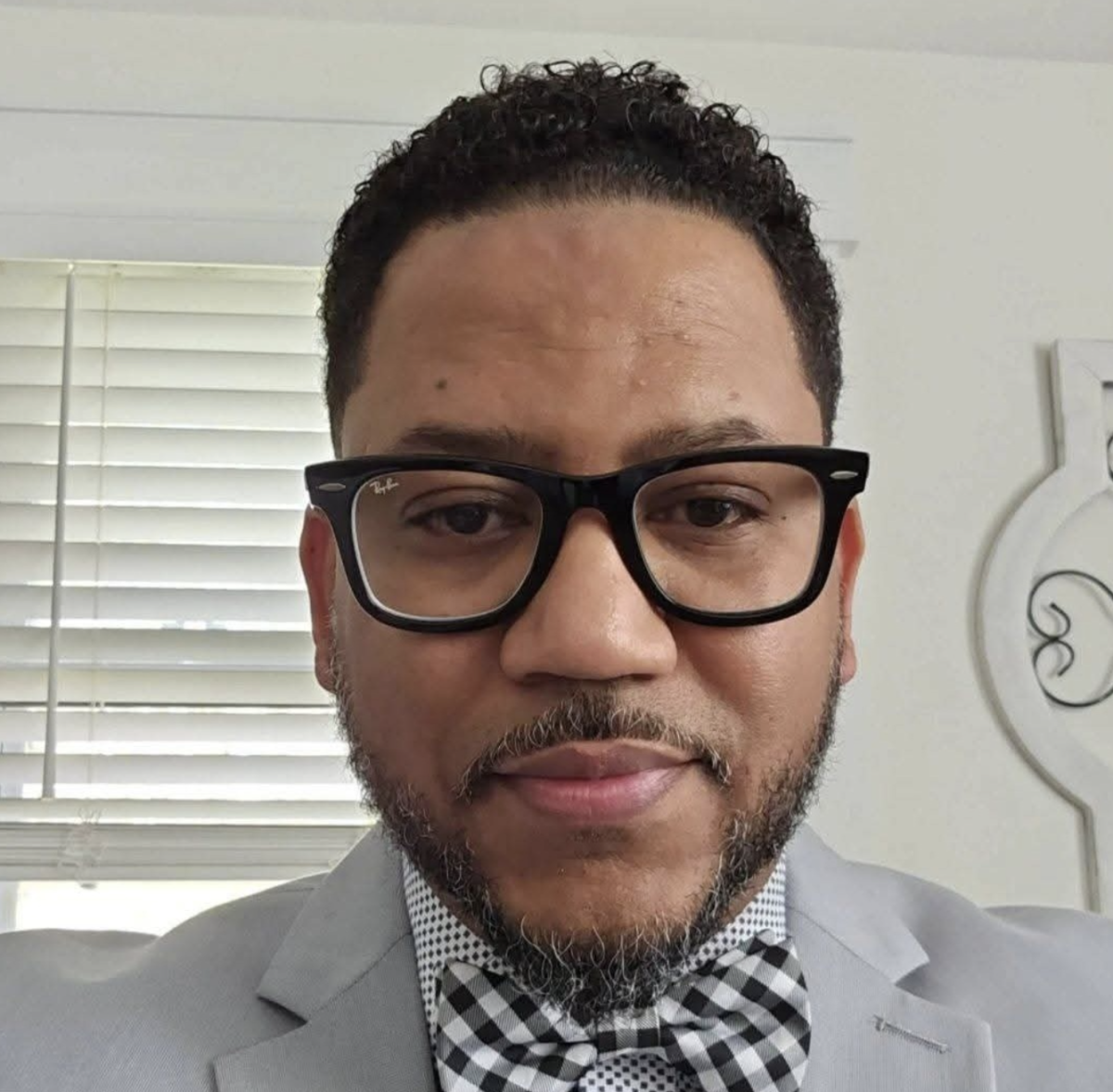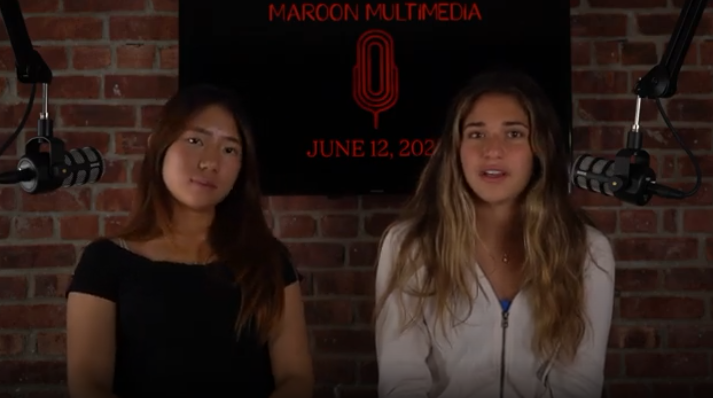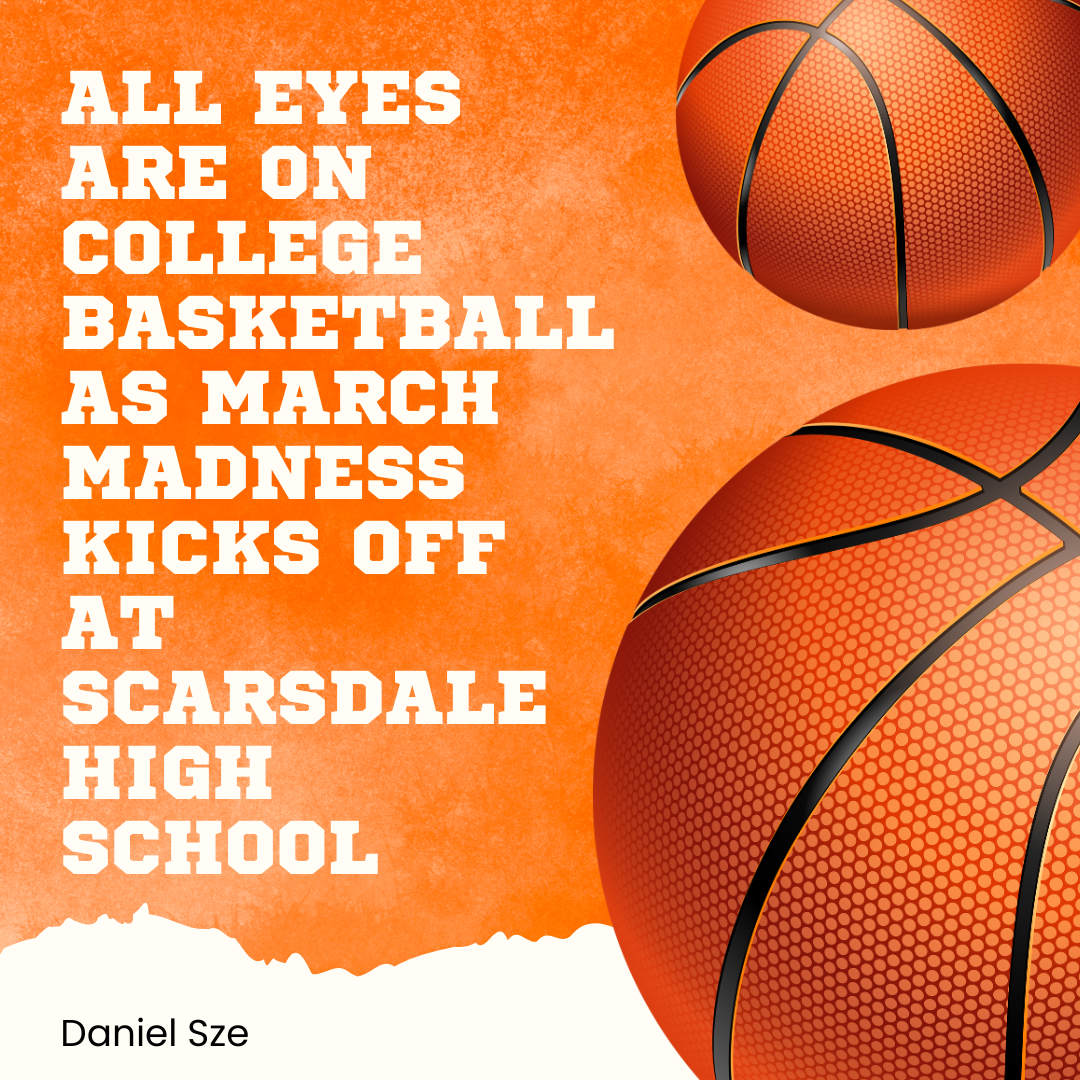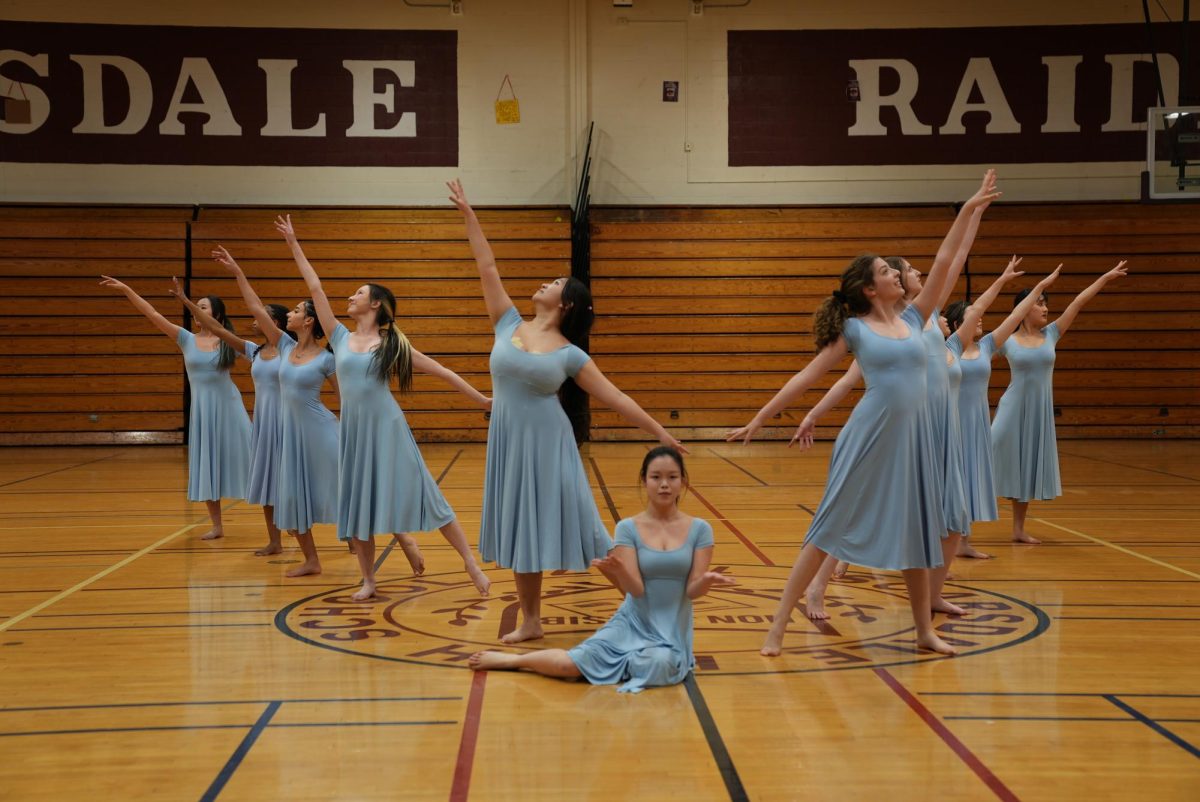SHS Maroon’s Teacher Feedback Form

January 29, 2018
The tooth fairy exists, gum stays in your stomach for 7 years, Chris Hemsworth is a real god, and being an astronaut is a viable profession. From a young age children’s minds are riddled with common misconceptions, among them the promises of the goodness of humanity, their unlimited potential, and the likeliness that everything will fall into place. Childhood ends when we abandon our insert-name-here-centric model of the universe and adopt reality. However, the inescapable naiveté of Scarsdale High School youth means that when teachers promise wellness reform, we assume this will finally be the year for personal growth and achievement—taking permanent resident in your basement, attempting to win on a solo run of fortnight while putting 18 juuls in your mouth. As you are engulfed by your couch, you hear a traumatizing ping in the ambient noise surrounding you. You shake uncontrollably questioning the divinity and outright existence of a god. The sound of a google classroom notification. “DUE TOMORROW,” it reads. You turn off your TV and resort in humiliating defeat to the sanctuary of your now-home: your desk.
Sooner or later every SHS student comes to the realization that wellness is as real as (*spoiler alert*) Santa Claus (not real). And thus begins the constant frustration that is the contradiction between teachers’ words and actions. Like a dad’s new year’s resolution to finally hit the gym, teachers’ promises to listen to feedback and prioritize student wellness is often thrown out the window just weeks after the start of the new year. Promise #1: Abandon busy work in favor of a minimized amount of productive, engaging, and enriching homework. The reality: 7 sheets of practice on subjunctive vs. indicative, 666 minutes of textbook problems in math, and, ironically, a teacher feedback form for English. High school is built on the foundation of busy work, a way to create the conception in students’ minds that learning is directly proportional to time spent working. Such misconceptions motivate students to make school their lives, thus creating the academic environment that SHS revels in.
Promise #2: Maintain a constant stream of communication to ensure that deadlines work for students and that the kids will have adequate time to study and balance their other classes’ work. Reality: Testing week. Just as tradition stipulates students cramming during the night before a test, teachers, too, disregard depth and clarity in favor of fitting as much as possible into their lessons the day before the test. Furthermore, deadlines are easy to complain about, arbitrary in existence, and downright unclear. The concept of a week dedicated entirely to testing is in direct opposition to student mental health, a supposed “priority “ of teachers.
Promise #3: The point of this class is not to get an A, but rather to immerse yourself in abstract concepts that require critical thinking. The reality: Teachers heavily critique Scarsdale grade oriented mentality; however, they subliminally enforce it by presenting students with rubrics that educate them not on knowledge, but rather the exact requirements for a desired grade. Teachers often speak of a desire to transcend the main culprit of students’ stress, grades, rather than acknowledging its existence as an important reality of the high schools experience. Only then can learning occur within the restraints of this community.
We are not unwilling to concede to the reality of teachers’ good intent. They too are the victims of a broken system. They are pressured to assign more tests, dole out more work, and establish themselves as authority figures. No one wants to be considered the joke teacher, and we understand that. Our proposal, is not to avoid this status, but not to feel obligated to take on the alternative approach: the teacher whose name sparks instant fear when read off the schedule on the first day of school. Until our proposal is adopted, we all need to abandon the unreasonable expectation that students’ wellbeing is the only factor that goes into making a successful class.


